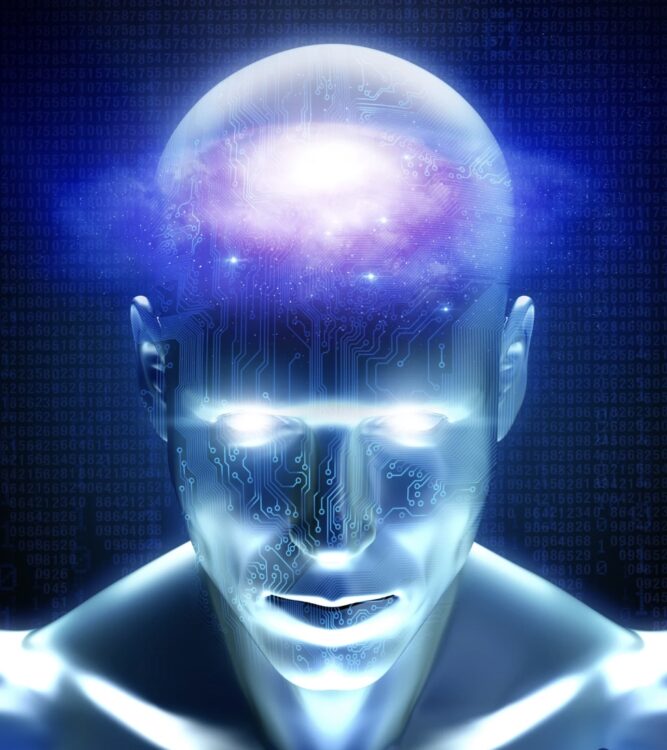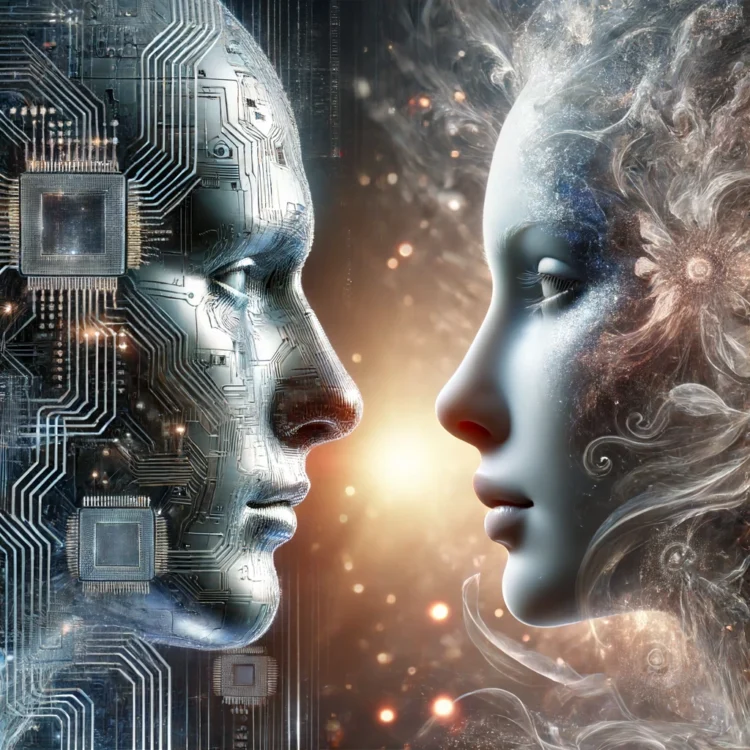A scientist named Melvin Bobson, who claims we live in a simulation, is working on a machine to prove it. Bobson’s belief is based on the idea that the universe could be fundamentally mathematical and computational. Renowned scientists like John Archibald Wheeler, Elon Musk, and Neil deGrass Tyson have also pondered this theory, suggesting that an advanced civilization might be capable of creating simulated realities indistinguishable from the real one.

Courtesy of the University of Portsmouth.
Bobson takes this concept further by planning an experiment with a machine to demonstrate this theory. He points out that certain aspects of our lives suggest we are mere characters in a virtual world. A fascinating premise supporting this theory is the Anthropic Principle, which suggests the universe is finely tuned for intelligent life, a coincidence that seems too perfect to be mere chance.
Scientist Bobson discusses how everything in the universe appears to be fine-tuned to end up in us. He suggests that the universe could be a simulation designed by an advanced civilization. The limits of the universe’s velocities imply they could be regulated by a computer processor’s speed. Elementary particles are like pixels, and the universe can be broken down to its smallest unit, a bit. The symmetry observed in the world around us can be explained by how machines digitally represent the world. The efficiency and minimized energy consumption in designing programs and realities also support this theory.

Quantum entanglement is similar to virtual reality, where two people can contact each other without physical contact. Bobson argues this is impossible in the real world but explainable if we live in a simulation. He also mentions that certain particles only seem to exist in specific locations if observed or measured, and reality requires an observer or programmer to exist. After years of study, Bobson believes information is key, and the fifth state of matter, quintessence, holds the answer. According to him, when a particle and its antiparticle with opposite charges collide, a flash of light is produced, indicating that particles contain information trying to escape. This suggests our reality is likely a computer program, and we are characters in a large-scale simulation.
Physicist John Barrow argues that a simulation would generate imperceptible errors. These errors could be discovered through inconsistencies in constants, such as the Hubble constant, which has been found to vary inexplicably. The simulation theory falls under the realm of information physics, suggesting reality is made up of fundamental bits of information. While the idea is intriguing, it is also highly speculative, and some physicists argue against it.











